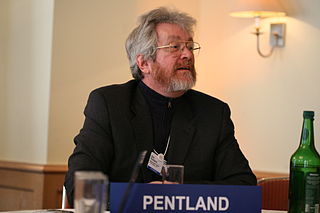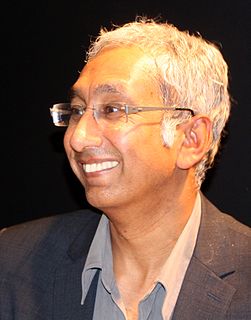A Quote by Dale Jamieson
Aristotle thought that humans are rational animals and Hobbes thought that we act on the basis of rational self-interest. If only! It's not that we never do these things, it's that they are hardly constituative of who and what we are.
Related Quotes
It is man's intrinsic and irreducible self-responsibility to humanize himself, to exercise his entire range of rational and moral resources to raise his mode of being and seeing and acting above not just that of animals, but also above that of the majority of subhuman (never to be self-realized) humans who will never draw themselves into a self-punishing position of focal self-diagnosis and self-accountability.
Have you ever known an alcoholic, a cigarette smoker, or a heroin user to be rational when it came to alcohol, cigarettes, or heroin? Of course not. And there is NO such thing as a rational - or ethical - meat, dairy, egg and honey-eater when it comes to animal issues and whether humans should be enslaving, murdering and eating animals, or using them as test subjects, clothing and entertainment.
Near the end of the 1700s, philosophers began to declare that humans were rational individuals. People were flattered by being recognized as individuals, and by being called rational, and the idea soon wormed its way into the belief systems of nearly everyone in the upper class. Despite resistance from Church and State, the idea of rational individuality replaced the assumption that truth comes only from god and king.
Man is a rational animal—so at least I have been told. … Aristotle, so far as I know, was the first man to proclaim explicitly that man is a rational animal. His reason for this view was … that some people can do sums. … It is in virtue of the intellect that man is a rational animal. The intellect is shown in various ways, but most emphatically by mastery of arithmetic. The Greek system of numerals was very bad, so that the multiplication table was quite difficult, and complicated calculations could only be made by very clever people.
When humans act like animals, they become the most dangerous of animals to themselves and other humans, and this is because of another critical difference between humans and animals: Whereas animals are usually restrained by the limits of physical appetites, humans have mental appetites that can be far more gross and capacious than physical ones. Only humans squander and hoard, murder and pillage because of notions.
Moral questions may not have objective answers-whether revealed by God or by science-but they do have rational ones, answers rooted in a rationality that emerges out of social need. That rationality can only be discovered through exercising the human potential for rational dialogue, the potential for thinking about the world, and for discussing, debating and persuading others. Values can never be entirely wrenched apart from facts; but neither can they be collapsed into facts. It is the existence of humans as moral agents that allows us to act as the bridge between facts and values.
The soul has two parts, one rational and the other irrational. Let us now similarly divide the rational part, and let it be assumed that there are two rational faculties, one whereby we contemplate those things whose first principles are invariable, and one whereby we contemplate those things which admit of variation.
I want to say, and this is very important: at the end we lucked out. It was luck that prevented nuclear war. We came that close to nuclear war at the end. Rational individuals: Kennedy was rational; Khrushchev was rational; Castro was rational. Rational individuals came that close to total destruction of their societies. And that danger exists today.
If you look into their [chimpanzees] eyes, you know you're looking into a thinking mind. They teach us that we are not the only beings with personalities, minds capable of rational thought, altruism and a sense of humor. That leads to new respect for other animals, respect for the environment and respect for all life.

































